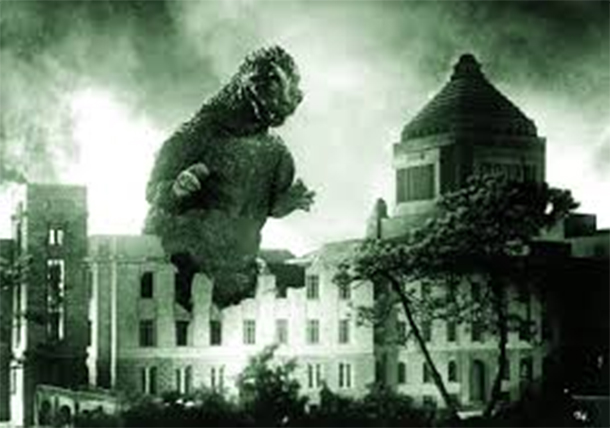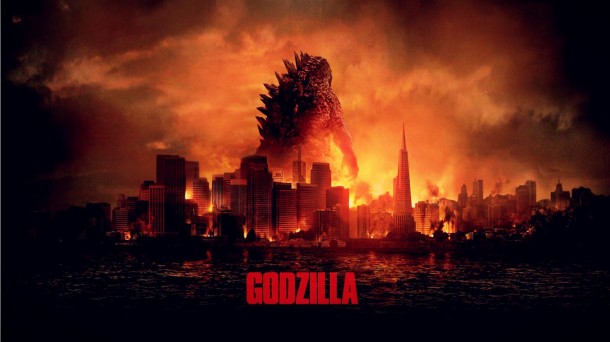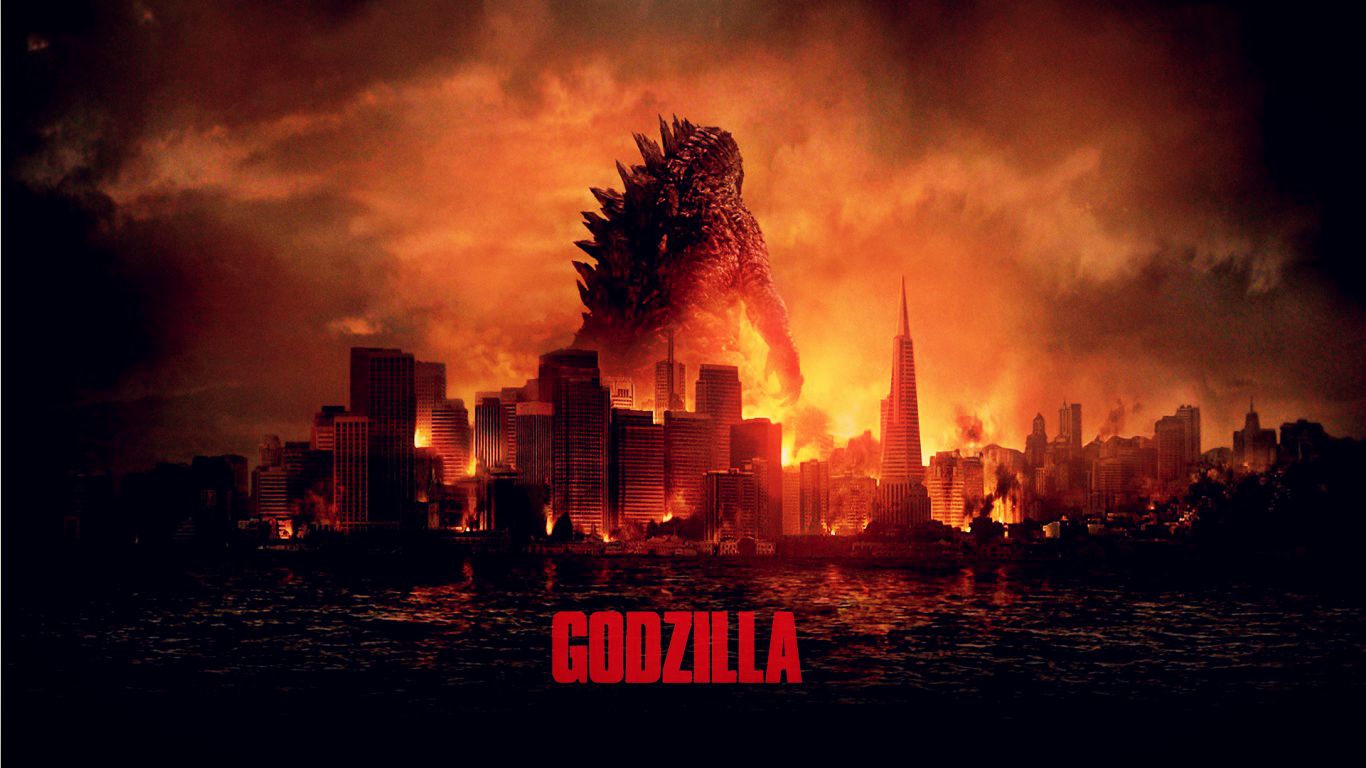
Godzilla is considered exemplary in the classic “Giant Monster” film genre. First released in 1954 by Japanese production studio Toho Company and subsequently adapted in America as Godzilla, King of the Monsters!, the franchise has spawned countless remakes and extensions into other media such as television, books, comics, and video games. We will be treated this month to yet another American remake, one that has audiences salivating over every new image and detail in the lead up to its release.
But the questions worth asking do not concern the finer points of the film’s production or what the monster will look like. It’s more interesting to ponder how Godzilla has managed to stay relevant over all these years, and why exactly do we need another film about the King of Monsters.

Maybe this question seems unnecessary, almost like asking why we need a new 007 or Spider-Man movie. However, Godzilla is different in that it has shown up less frequently at the movies, but still manages to captivate and intrigue audiences as if it’s the first time. It means many different things to many different people: for some he’s simply an awesome giant monster intent on destruction, while for others he’s a cheesy throwback.
I think, though, he’s a receptacle, a useful manifestation, for our collective societal fears: impending ecological collapse, looming nuclear holocaust, population explosion – you name it. Twitter chatter bears this out: I used social media tool Viral Heat to gain a sense of audience reaction to the new film, only to find that tweets from the official film accounts reveal more than any gushing fan:
“The arrogance of man is thinking nature is in our control…” #GODZILLA #May16th pic.twitter.com/wlxzaRaWWK
— Godzilla (@GodzillaMovie) May 1, 2014
This tweet really strikes at the heart of what I’m getting at:
” A monster?, no, a God! ” > That’s right #Godzilla‘s the #GodOfDestruction! pic.twitter.com/drY3bCRLKb — M.U.T.O (@MUTOresearch) April 29, 2014
To call Godzilla a “God of Destruction” reveals a lot about what this monster represents. The juxtaposing of those two words gives a sense of the double-edged nature of awe-inspiring events. While we fear natural and man-made disasters, we also recognize the sheer futility of combating something so large and complex, how insignificant and small our individual lives are in the face of such gargantuan phenomena. Much as we might revere a God, we also quake at its awesome power. Here’s another tweet worth discussing:
In exactly 1 month… disaster strikes, the world ends and #Godzilla rises. Are you prepared for the King’s return? pic.twitter.com/Z00UyN7xOb — Godzilla (@GodzillaMovies) April 16, 2014
It’s yet another unambiguously religious allusion, a suggestion of Godzilla’s dual role as both terrifying monster and ultimate savior. Audiences implicitly understand that destruction is necessary for life, that even though he’s going to raze our civilization, it’s almost as if Godzilla is wiping the slate clean. Much the same way people anticipated with warped glee the supposed Mayan apocalypse of 2012, audiences are psyched about the upcoming Godzilla movie because it’s a chance to simulate via film the collective death wish we all harbor for our country, the latent desire to torch our own polluting, destructive civilization.
Anyway, that’s just my take. Most people probably just want to see an awesome monster do cool stuff on screen, and to watch Bryan Cranston kill it in a feature-length, leading man role. I can’t wait to see the film, and will probably leave my academic baggage at home. Either way, let pestilence, doom, and terror reign! Godzilla rises again!



No Comments